By Liu Chong (Deputy Director, Institute of International Security, China Institute of Contemporary International Relations)
The International Olympic Committee recently decided to add "Together" to the well-known Olympic motto "Faster, Higher, Stronger", a change to address not only the COVID-19 epidemic but also the common challenges facing all humans. However, for some time, politicians from the United States and certain European countries have tried to boycott the Beijing Winter Olympics and politicize sports by manipulating issues such as human rights. This not only violates the spirit of the Olympics but also casts a shadow over the unity of mankind which has been maintained for a century.
Why do some people in the US and Europe play the card of "boycotting the Winter Olympics" so frequently? Will this card work? How should this counter-current be viewed?
What is the essence of the "Winter Olympics boycott"?
Apparently, some people in the US and Europe have recently instigated a boycott of the Beijing Winter Olympics by fabricating fictitious smears on China, such as human rights issues related to Xinjiang and Tibet, especially the issue of human rights in Xinjiang.
Western countries slander China's positive and constructive measures in Xinjiang's anti-terrorism, poverty alleviation, and economic development as so-called "forced labor", "human rights violations", and "genocide" against the Uyghurs. This is complete nonsense. In the governance of Xinjiang, China has always believed that poverty and backwardness are the sources of extremism and terrorism, and is committed to addressing extremism and terrorism by improving people's living standards. This concept is well acknowledged by the international community.
It is a consensus of the international community that sports should not be politicized. The attempts by some people in the US and Europe to use human rights issues to label the Beijing Winter Olympics as political, and as a tool for their own political purpose have seriously violated the international Olympic spirit.
This "farce" cannot be seen in isolation. Those people are not boycotting the Olympics, let alone what is wrong with the Winter Olympics itself. Their main intention is to use the "boycott of the Winter Olympics" to impose additional international political and diplomatic pressure on China. Since the outbreak of the COVID-19, China has won wide acclaim from the international community for its solidarity in fighting against the epidemic and international cooperation on vaccines.
Some politicians hope to use human rights issues as a means to counteractthe goodwill to Chinafromthe international communityand diminish China's appeal in the international community.
Behind the farce, it is not difficult to find the "shadow" of strategic competition between major powers. The "boycott of the Winter Olympics" is a card played by some major powers against China. Some politicians hope to use their hegemonic position in the ideology and international discourse system to consolidate their own initiative while keeping China's ideology and values in a passive"scolded" position in the international discourse system. They scandalize China's values in order to serve their competitive strategies against China. From this perspective, they are trying to add chaos to the Beijing Winter Olympics.
In the long run, attempts by individual countries to"boycott the Winter Olympics" will be at the expense of their own credibility and even international reputation, and will inevitably lead to resentment and opposition from the majority of the international community.
Will the "boycott of the Winter Olympics" card work?
Looking back at history, there have been boycotts of the Moscow and Los Angeles Olympics during the Cold War. At present, players behind the "boycott of the Winter Olympics" card are well aware that the political cost of not allowing athletes to participate is too great, and will inevitably provoke strong opposition from IOC members, athletes, and the international community. Therefore, they have resorted to various tricks to boycott the Beijing Winter Olympics at a diplomatic level. The so-called human rights issues in China are, in fact, lies concocted by anti-China politicians.
The boycott of the Winter Olympics is an unjust act of a very fewpoliticiansin western countries, and it will not work. Despite the recurrence of the global epidemic, the world is eager to hold the Olympic Games. A successful Olympic Games will be seen as a landmark event, in which the world comes together to overcome and defeat the epidemic. Both the Tokyo Olympics in Japan and the Winter Olympics in Beijing next year will increase the confidence to overcome the epidemic worldwide.
China's determination to showcase its national image, athletes' demeanor, and fight against the epidemic with the world through holding sports events will not be disturbed or affected. The main indicators of the success of an Olympic Games are the performance of the athletes and the sports results.
China's success in hosting the Beijing Winter Olympic Games will not be diverted by external interference. Just before the 2008 Beijing Olympics, some countries also hyped up the so-called Tibetan issues, but that did not affect the Beijing Olympics as a spectacular sports event, nor did it affect China’s Olympic diplomacy. Leaders and dignitaries from over 80 countries and regions around the world attended the opening ceremony of the Beijing Olympic Games, setting a record.
The Olympic Games is the highest-level platform for sports diplomacy in the world and is also a stage for athletes from all countries to improve their skills and enhance friendship through competitions. By hosting the Beijing Winter Olympics, China hopes not only to promote the development of ice and snow sports in the country and worldwide but also to convey its development philosophy, cultural confidence, and unique charm through the opening and closing ceremonies and the organization of the entire event.
By boycotting the Beijing Winter Olympics and throwing mud at China, people from certain countries are standing in opposition to the athletes and people of the world, a path that will eventually lead to a "dead end".
What should we view the "boycott noise"?
Behind the card of "boycotting the Olympics" is the card of "human rights". It should be noted that human rights issues are actually part of certain countries' competition strategies against China, and the "boycott of the Olympics" is just one of the means. These "boycott noises" are just "a few flies against the wall in a small world".
In the face of the "boycott noise", we need to not only run the Winter Olympics globally, take the initiative to tell stories about the Winter Olympics, but also to tell stories about China's development.
Xinjiang has undergone sweeping changes over the years. The Uyghur people have lifted themselves out of poverty through skills training and freed themselves from extremist ideologies. From 1955 to 2020, Xinjiang's GDP has increased from 1.231 billion yuan (RMB, the same below) to 1,379.758 billion yuan, and the per capita GDP has increased from 241 yuan to 53,593 yuan. The average life expectancy in Xinjiang increased from 30 years old in 1949 to 74.7 years old in 2019. Citizens'religious activities, such as worshiping, Buddha worshiping, Mass, praying and chanting, are all managed by religious groups and themselves. These activities are protected by law, and no organization or individual may interfere.
In Tibet, before the peaceful liberation in 1951, more than 90% of Tibetans did not have their own housing and lived a life lack of clothing and food. But now people of all ethnic groups in Tibet are living in an affluent life. In 2020, the per capita self-owned housing area of Tibetan farmers and herdsmen have reached 41.46 square meters, while that of urban residents has reached 33.4 square meters. The happiness index has increased significantly. There was not a single modern school in old Tibet, and the illiteracy rate was as high as 95%. There was no modern technology, either. From 1951 to 2020, China has invested a total of RMB 223.965 billion in education to promote the establishment of a comprehensive modern education system in Tibet.
These detailed data and a large number of facts reflect the unprecedented social stability, ethnic and religious harmony, and steady economic development in Xinjiang and Tibet. With epidemic prevention and control regulations, tourists from all over the world can come and see the peaceful and stable Xinjiang and Tibet. The scenes of ethnic unity and cultural prosperity will surely dispel the rumors concocted by Western politicians
For those who incite a "boycott of the Winter Olympics", lying is easy for a while, but maintaining the lie will cost more with the passing of time. On the contrary, revealing and conveying the truth cost less. China embraces the world with an open attitude. The progress in its human rights issue and the wishes of people for a better life will be seen and understood by more and more people in the international community.











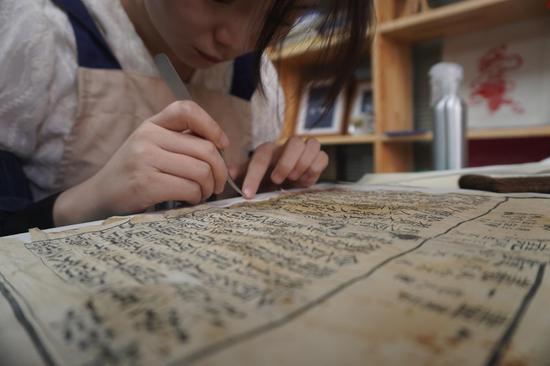
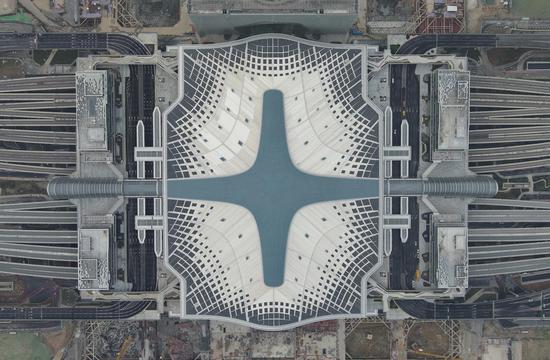
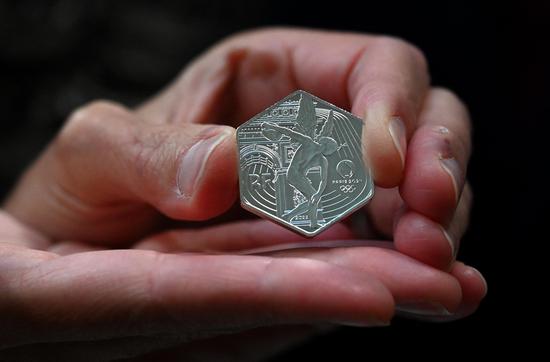


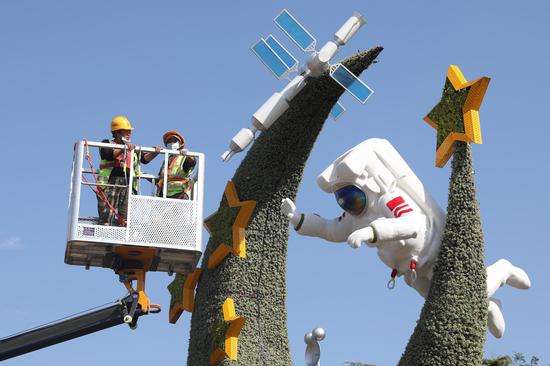

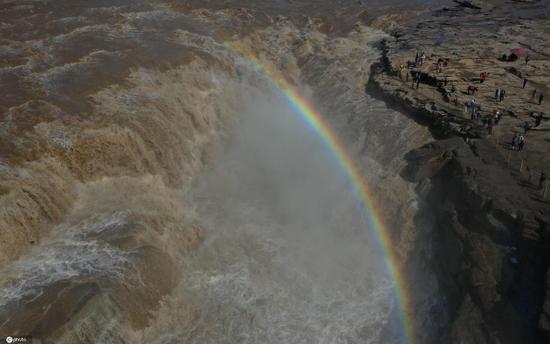
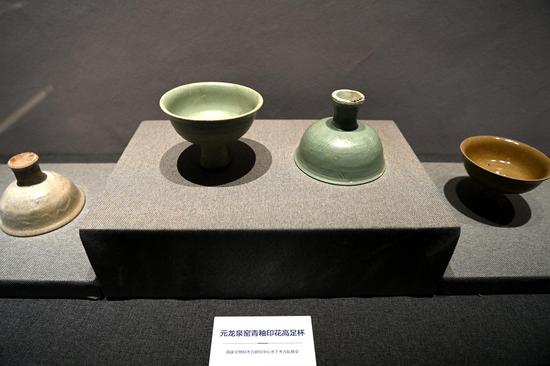

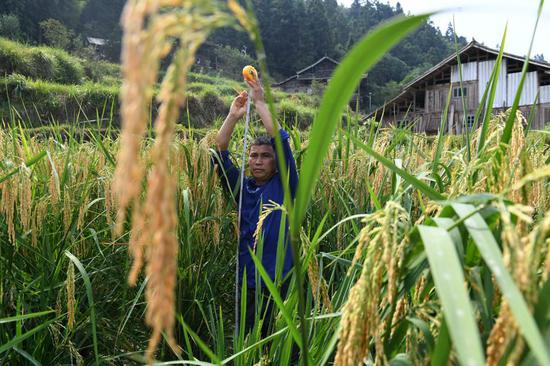

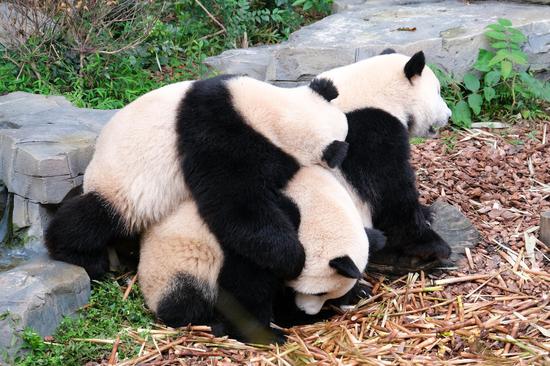

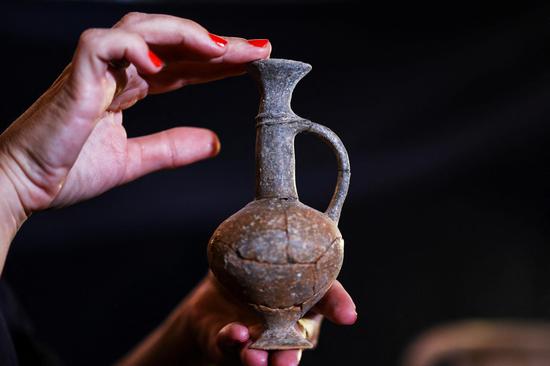

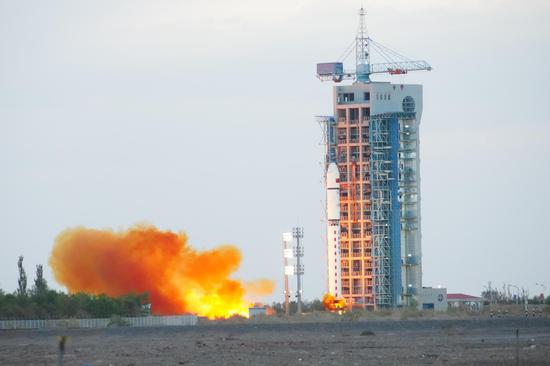
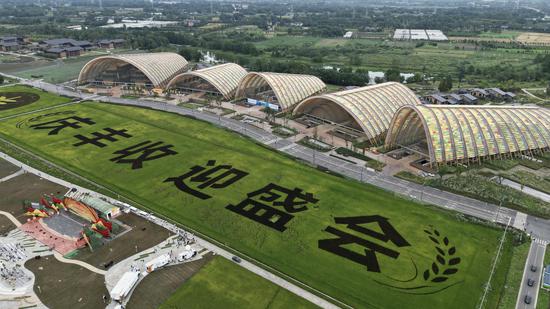

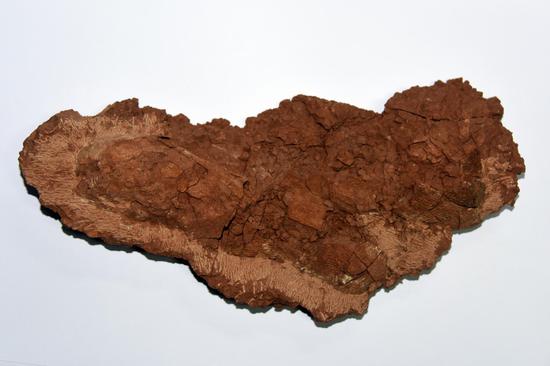
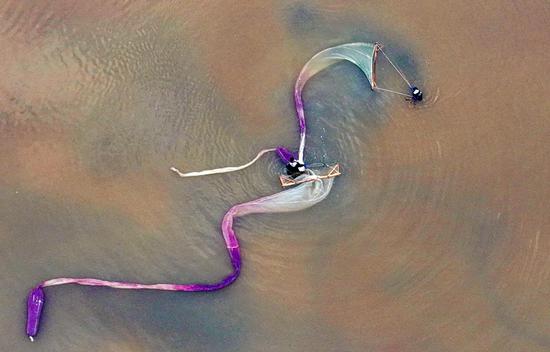
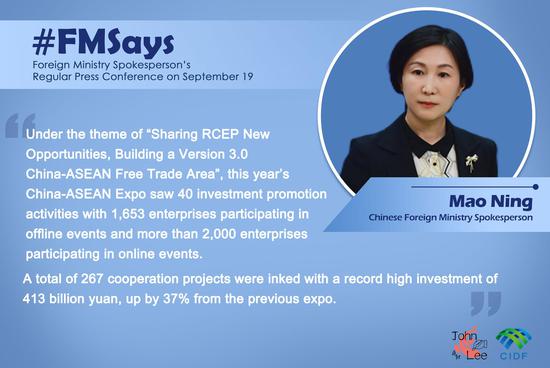
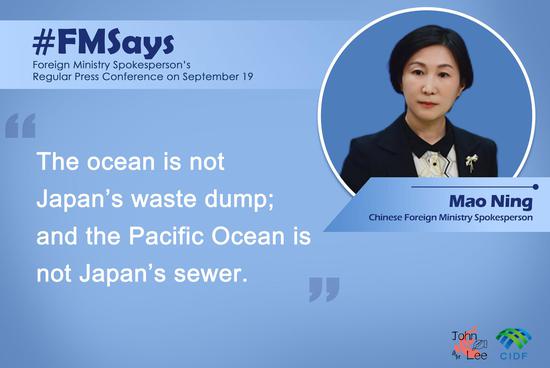


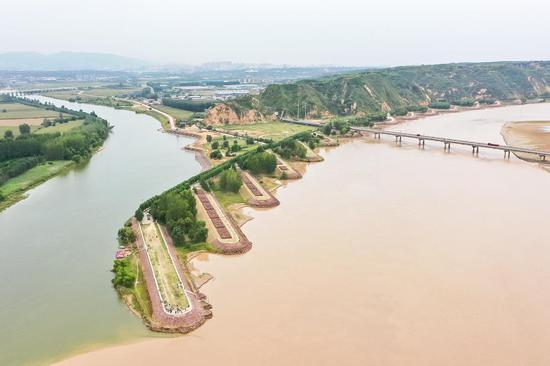
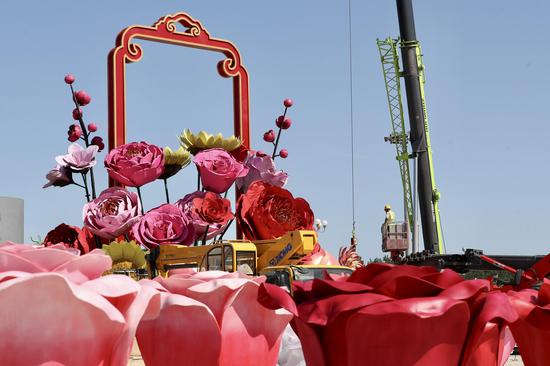
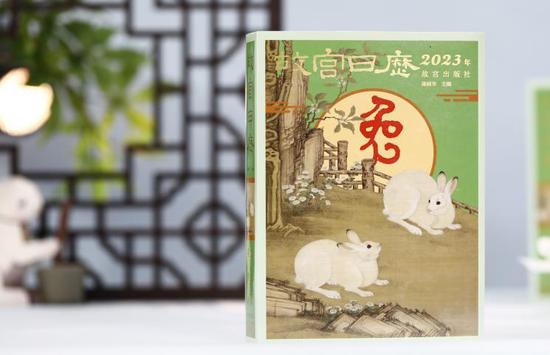

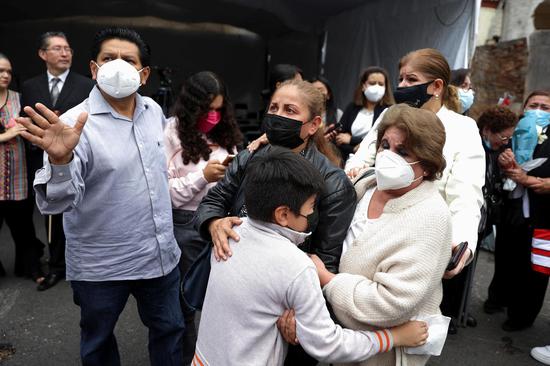
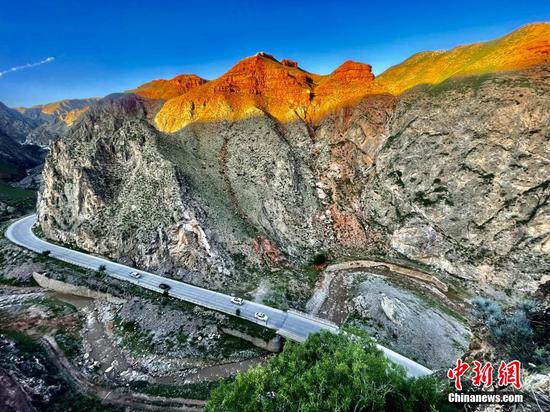
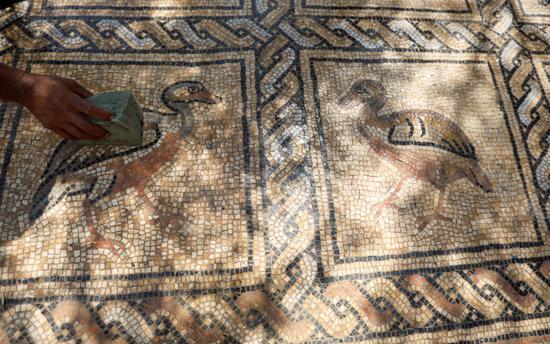
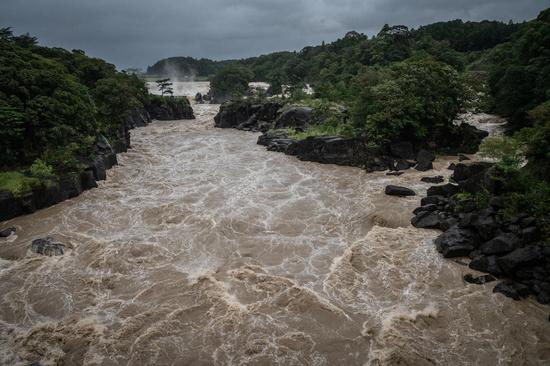
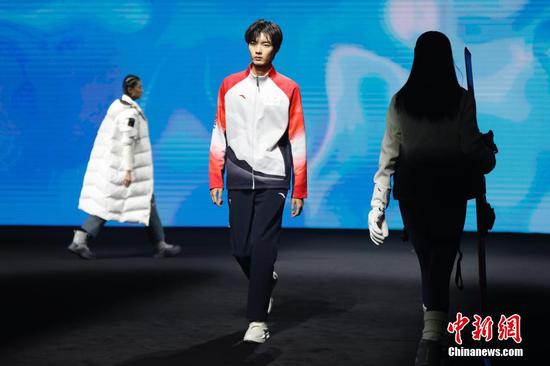





 京公网安备 11010202009201号
京公网安备 11010202009201号